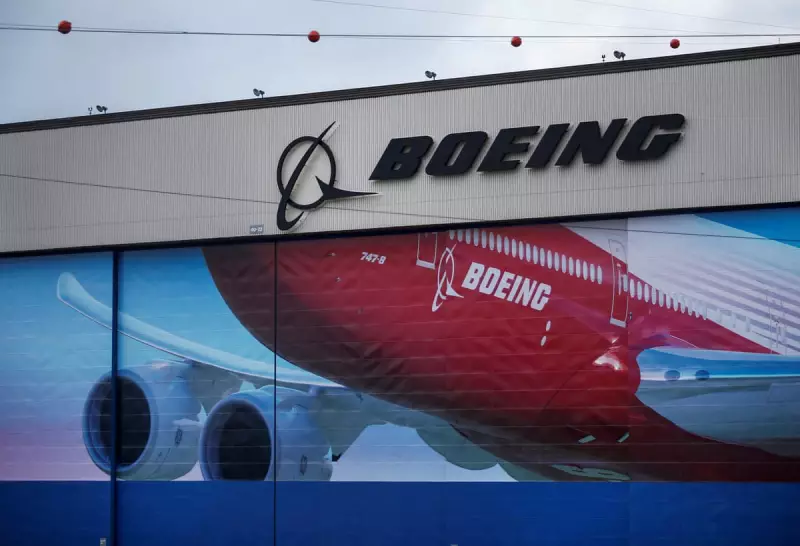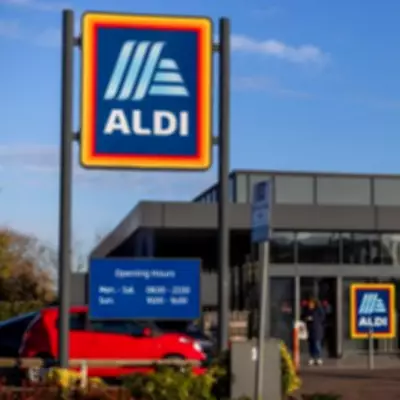
Boeing has confirmed another significant postponement for its flagship 777X jetliner programme, pushing first deliveries into 2027 in a fresh blow to airlines eagerly awaiting the new aircraft.
Certification Challenges Deepen
The American aerospace giant announced that its revised timeline reflects the "additional time required to meet certification requirements" set by global regulators. This marks the latest in a series of delays for the twin-aisle aircraft, which was originally scheduled to enter service in 2020.
Industry analysts suggest the extended timeline stems from heightened scrutiny from aviation authorities following years of safety concerns across Boeing's product line.
Airlines Face Operational Headaches
The postponement creates substantial operational challenges for major carriers including Emirates, British Airways, and Lufthansa, all of which have substantial orders pending. Airlines now face difficult decisions about fleet planning and potential interim aircraft leases to cover the extended wait.
Emirates, the largest 777X customer with 115 aircraft on order, had been counting on the fuel-efficient jets to refresh its long-haul fleet. The Dubai-based carrier now must reconsider its strategic timeline for fleet modernization.
Manufacturing and Testing Progress
Despite the delays, Boeing maintains that progress continues on the manufacturing front. The company has completed building five test aircraft and has accumulated over 5,000 hours of flight testing.
However, the certification process with the Federal Aviation Administration (FAA) has proven more complex than initially anticipated, particularly regarding the aircraft's innovative folding wingtips and updated systems.
What Makes the 777X Special?
- Largest twin-engine passenger aircraft in the world
- Innovative folding wingtips for airport compatibility
- Approximately 10% lower fuel consumption than competitors
- Enhanced cabin comfort with larger windows and reduced cabin altitude
Broader Implications for Boeing
This delay represents another challenge for Boeing as it works to rebuild trust with regulators, airlines, and passengers following the 737 MAX crisis. The extended timeline also gives competitor Airbus additional opportunity to secure orders for its A350-1000 aircraft.
Industry observers note that the repeated delays could affect Boeing's competitive position in the crucial long-haul market segment, where efficiency and reliability are paramount for airline customers.
As Boeing navigates these certification challenges, the aviation world watches closely, understanding that getting the 777X right is crucial not just for the company's bottom line, but for the future of efficient long-haul air travel.





